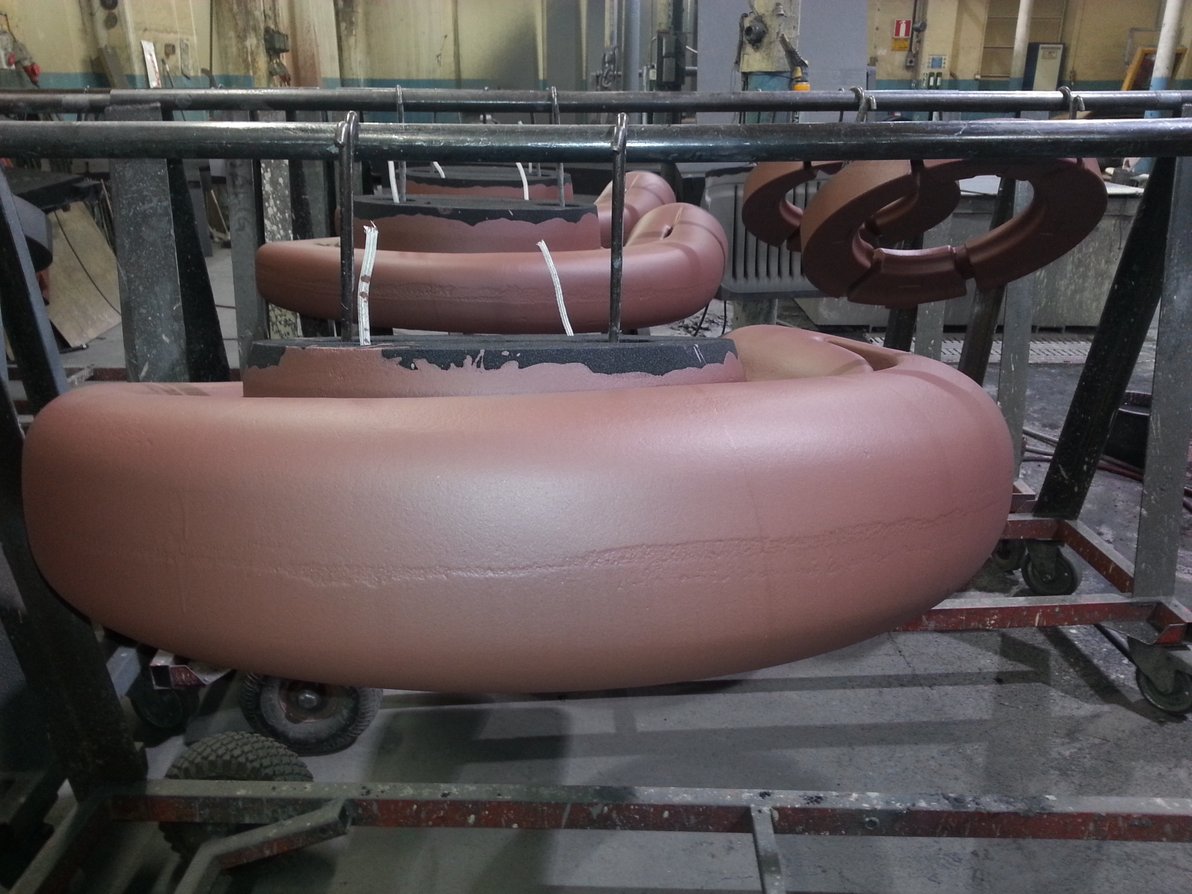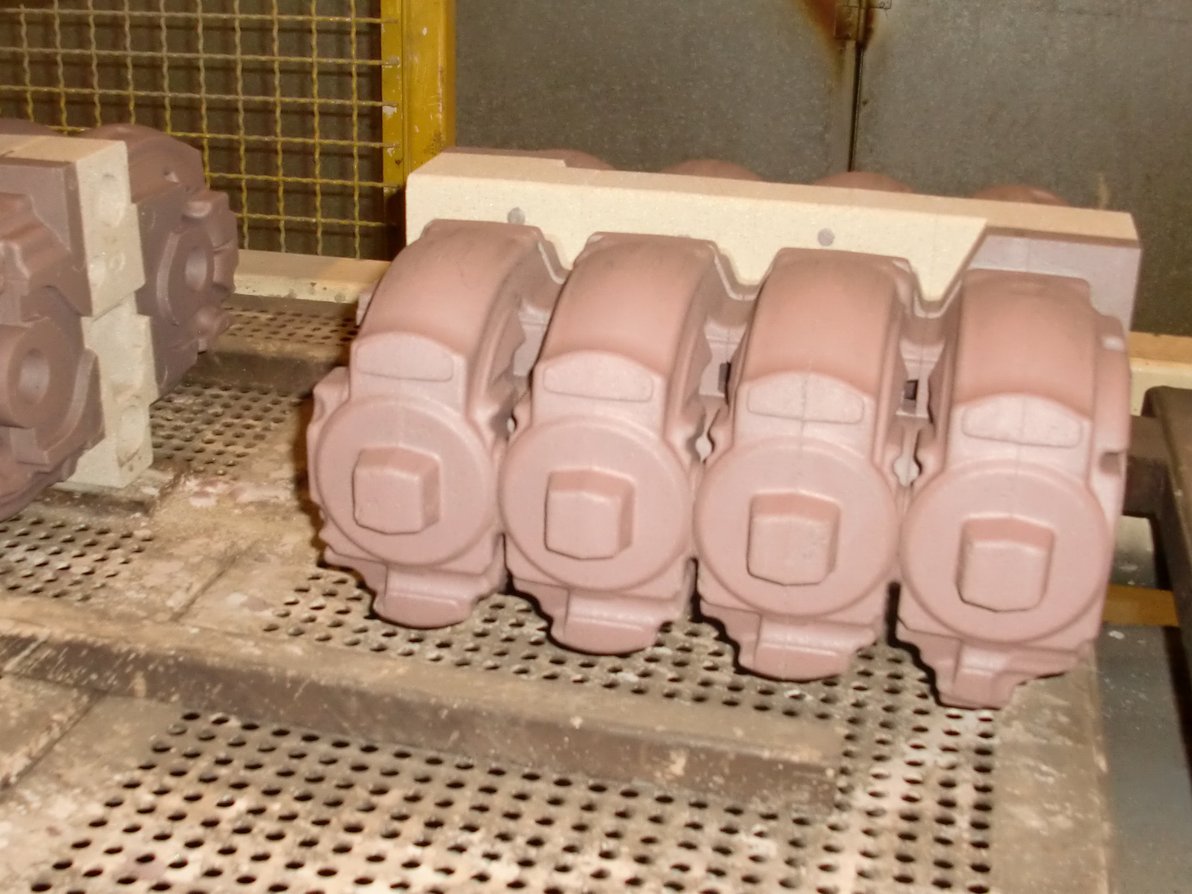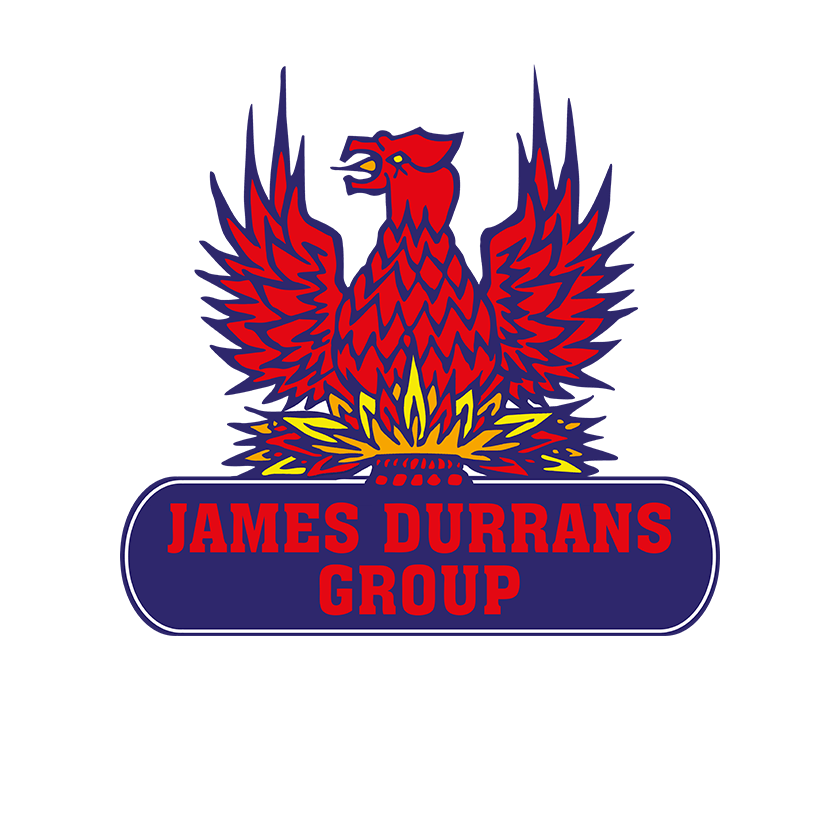Choice of the right coating
Which casting process coupled with the environmental parameters play the main role in the choice of the basic requirements for the coating; i.e. which liquid (alcohol or water), the form (liquid or powder) or the main filler (carbon oxides, silicates). Centrifugal casting applications have different requirements compared to gravity die casting processes and in turn to 3D-printed cores or moulds and cores produced from conventional production processes.
The latter have very variable properties, such as the mineralogical composition (silica, chromite, etc.) of the moulding material, the type and amount of sand reclamation, the type and proportion of organic compounds (resins, etc.) or even the compaction method used, which has a significant influence on the effectiveness of a coating.
Casting alloy and casting temperatures usually determine the main make-up or the refractory fillers.
However, due to high price and competetive pressure, new coating fillers have become established in recent years, revising the traditional specifications and, for example, displacing zircon as the "main" refractory in the steel foundry sector.
Experience has shown that various filler properties such as particle size, density, thermal conductivity and expansion, as well as melting temperatures (or ranges) help in the selection of possible filler combinations in order to make the best possible choice for the requirements in foundries.
After all, only by means of process analysis in conjunction with a well-founded product selection and an optimised application is it possible to meet the constantly increasing quality requirements and to establish stable and cost-effective processes.
Know-how since 1863
It should not be disregarded that it is of high benefit to know that a specific coating worked well in a different foundry with similar requirements and surrounding parameters. The James Durrans Group supplies many top-class foundries around the world. Out of this pool of synergies we can easily find coatings for successfull trials.
Available coating series
The James Durrans Group provides a wide variety of refractory coatings that is extended continuously. In general, each alcohol based coating has its water based counterpart. To get a fully covered, real-time overview about our coating products and their main application area, please click here. For a first orientation, the following table summarises our main coating series.
Main refractory coating series of the James Durrans Group
Series name | Key characteristic |
RSB | Ready mixed, alcohol-based coating series (99,9% IPA) |
| RWB* | Ready mixed, water-based coating series |
| FM | Ready mixed, water-based coating series for full-mould castings, includes a colour changing effect upon drying |
| DIECOTE* | Ready mixed, water-based coating series for die & centrifugal castings |
* Powder supply is available for selected products
Coatings for 3D-printed cores or moulds
Series name | Key characteristics |
| RSB 3321-3D | Ready mixed, alcohol-based coating (IPA) |
| RWB 3321-3D | Ready mixed, water-based coating |
Moulds and cores produced by 3D printing technology have increasingly established themselves - technically as well as economically - as an interesting alternative in the foundry. The specially tailored 3D coating range makes it even easier to implement printed moulds and cores in the foundry and to benefit from the advantages of 3D printing.
Example for finding the right coating
Many factors influence the technical requirements of a coating. One example: a foundry producing ductile iron castings for the automotive industry at 1450°C from mould and core packages in cold box may encounter issues with formation of veinings. If there is sufficient drying capacity available, a fast drying, water-based ready-to-use-coating based on refractory mullite and close-fitting phyllosilicates is a good choice for initial trials.
RWB 8361-FD is a suitable coating in this case. Due to its good flow properties, significantly larger cores of reclaimed furan resin can be flowcoated as the following picture illustrate.


